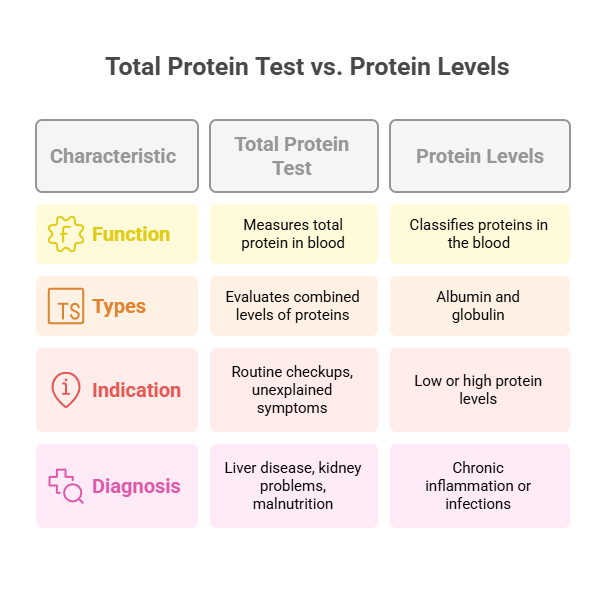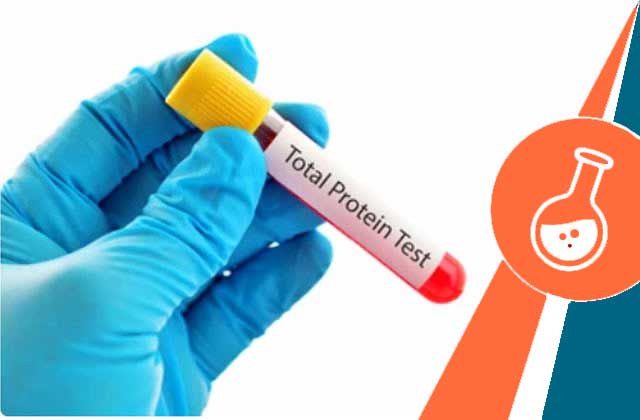
Explanation of the importance of protein in the body
Protein is an essential nutrient that is necessary for many functions in the body. It is one of the three macronutrients, along with carbohydrates and fat, that the body needs in large amounts for energy and growth.
Protein is a building block of muscles, bones, skin, and other tissues in the body. It is also used to produce enzymes, hormones, and other important substances that help regulate body processes. Proteins are made up of smaller units called amino acids, which are used to build and repair tissues.
Protein is especially important for athletes and individuals who are physically active because it helps repair and build muscles that are damaged during exercise. Protein is also important for maintaining a healthy immune system, as many immune cells and antibodies are made of proteins.
In addition to its structural and functional roles, protein also helps regulate fluid balance in the body. This is because proteins in the blood help maintain the balance of fluids between the blood vessels and the surrounding tissues.
It is important to consume enough protein in the diet to meet the body’s needs for growth and repair. Good sources of protein include meat, fish, poultry, eggs, dairy products, legumes, nuts, and seeds. However, it is also important to balance protein intake with other macronutrients and to choose lean sources of protein to avoid consuming excessive amounts of saturated fat.
Why is the total protein test done?
The total protein test is a blood test that measures the total amount of protein in the blood. Protein is an essential nutrient that is necessary for many functions in the body, such as building and repairing tissues, producing enzymes and hormones, and maintaining fluid balance. There are two main types of proteins in the blood: albumin and globulin.
Procedure of the total protein test
The total protein test is often performed as part of a comprehensive metabolic panel or liver function test. It is a simple blood test that is performed by taking a small sample of blood from a vein in the arm. The blood is then sent to our laboratory for analysis.
Results of the total protein test
The normal range for total protein levels in the blood generally ranges from 6.0 to 8.3 grams per deciliter (g/dL) in adults. Low levels of total protein may indicate liver or kidney disease, malnutrition, or a protein-losing condition. High levels of total protein may indicate dehydration, multiple myeloma, or other types of cancer.
Interpreting the results of the total protein test
If the total protein level is within the normal range, it is unlikely that there is a medical condition related to protein metabolism. However, it is important to note that certain medical conditions can affect specific types of proteins in the blood, such as albumin or globulin, which could cause the total protein level to be within the normal range but other values to be outside of the normal range.
If the total protein level is below the normal range, it may indicate liver or kidney disease, malnutrition, or a protein-losing condition. Low levels of total protein can cause edema (swelling) in the legs, feet, or abdomen.
If the total protein level is above the normal range, it may indicate dehydration, multiple myeloma, or other types of cancer. High levels of total protein can cause thickening of the blood, which can increase the risk of blood clots.
More Related Tests
Why To Book with HealthCareOnTime

17 Crores+ Samples Processed

World Class Technology Labs

25+ Years of Trust & Experience

Free Home Collection
FAQs Around Total Protein Test
How much does Total Protein test cost?
The Total Protein test cost is Rs.300, although it is now available for Rs.200 because of the offer.










